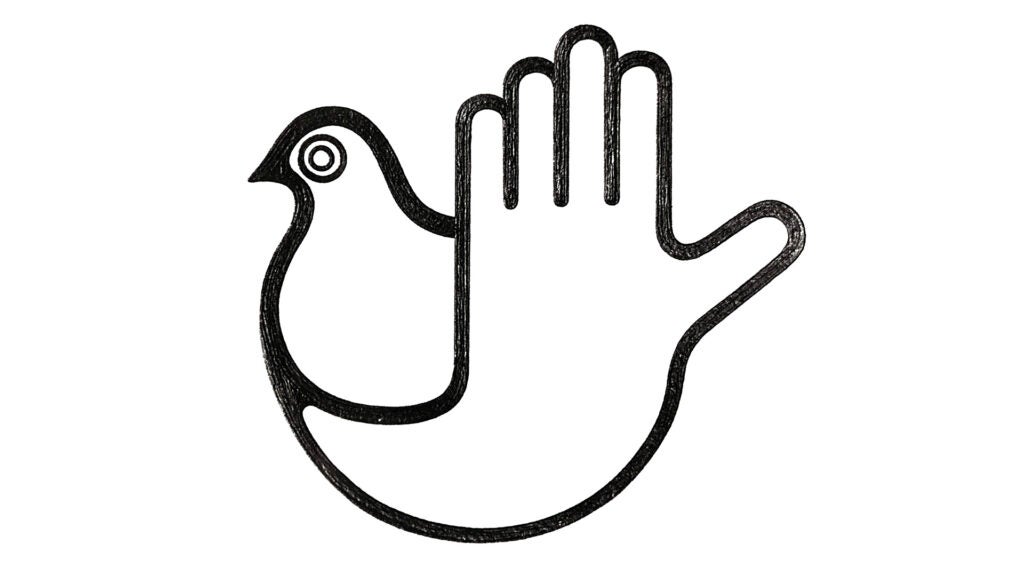Alexander McConnell talks with Olga Medvedkova, a Soviet antiwar activist whose arrest garnered worldwide attention in 1983. In light of the two-year anniversary of Russia’s invasion of Ukraine, what can we learn from Medvedkova and the Soviet peace movement?

On February 24, 2022, Russia launched a full-scale invasion of Ukraine aimed at toppling the government in Kyiv. Within hours, antiwar activists were organizing demonstrations against the attack, and in the following weeks thousands of protestors were arrested in major cities around the world, including Moscow and St. Petersburg. These protests are part of a broader history of underground Soviet peace activism stretching back to the 1980s—yet today’s activists are operating within the confines of a profoundly different political regime.
In this episode, Alexander McConnell interviews Olga Medvedkova, a Soviet antiwar activist whose arrest became the focus of world news after accompanying Ann Pettit and Karmen Cutler, members of England’s Greenham Common anti-nuclear arms movement, to a meeting with the Soviet Peace Committee in 1983. In light of the two-year anniversary of Russia’s invasion of Ukraine, what can we learn from Medvedkova’s story?
View the full episode transcript.
Historian Biography
Alexander McConnell graduated in 2023 with a PhD in history from the University of Michigan. He is the 2023-2024 postdoctoral fellow at the Eisenberg Institute for Historical Studies. McConnell’s research centers on the intersection of political language, cultural production, and moral values in the Soviet Union. His current project traces the evolution of “humanism” in Soviet ideology, culture, and philosophy, examining how contests over the scope and meaning of this key concept reshaped ideals of socialist personhood. His article “‘Tragic Presentiments’: Maksim Gor’kii and the Invention of Soviet Humanism” is forthcoming in the Summer 2024 issue of Slavic Review. McConnell’s research has been supported by grants from the Association for Slavic, East European, and Eurasian Studies (ASEEES), American Councils for International Education, the Donia Human Rights Center, and the Weiser Center for Europe and Eurasia.
Production Credits
Episode Producer: Alexander McConnell
Host and Season Producer: Paige Newhouse
Executive Producer: Gregory Parker
Editorial Board: Amir Marshi, Enrieth Martinez Palacios, Talitha Pam, Cheyenne Pettit, Sophie Wunderlich
Voice Actors: Fyodor Maksimishin
Interview: Olga Medvedkova (Alexander McConnell, March 2023)
Audio:
- Пешком по Москве, “‘Нет войне!’/Митинг в Москве 24.02.2022/Stop the war!” (YouTube)
- Центральное телерадиовещание СССР, “Советские песни о дружбе, мире и Земле” [“Soviet Songs about Friendship & Peace”] (YouTube)
- Jimmy Carter, “Soviet Invasion of Afghanistan,” January 4, 1980 (C SPAN)
- Oleg Radzinskii, Sluchainye zhizni, Read by the author, (Moscow: Izdatel’stvo Corpus, 2018), Audiokniga audio ed., 11 hr., 25 min
- BBC World Service, “The women trying to stop a nuclear war” (Youtube)
Music: LogicMoon, “The Morning Glory (Theme)” (Freesound, Creative Commons BY-NC 4.0 Deed)
Share your thoughts about Reverb Effect by messaging reverb.effect@umich.edu.
© 2024 Regents of the University of Michigan
Author
Alexander McConnell and Paige Newhouse
Contributor
Gregory Parker
Department or Unit
History
Publish Date
2024
Format
Podcast
Funding Source
